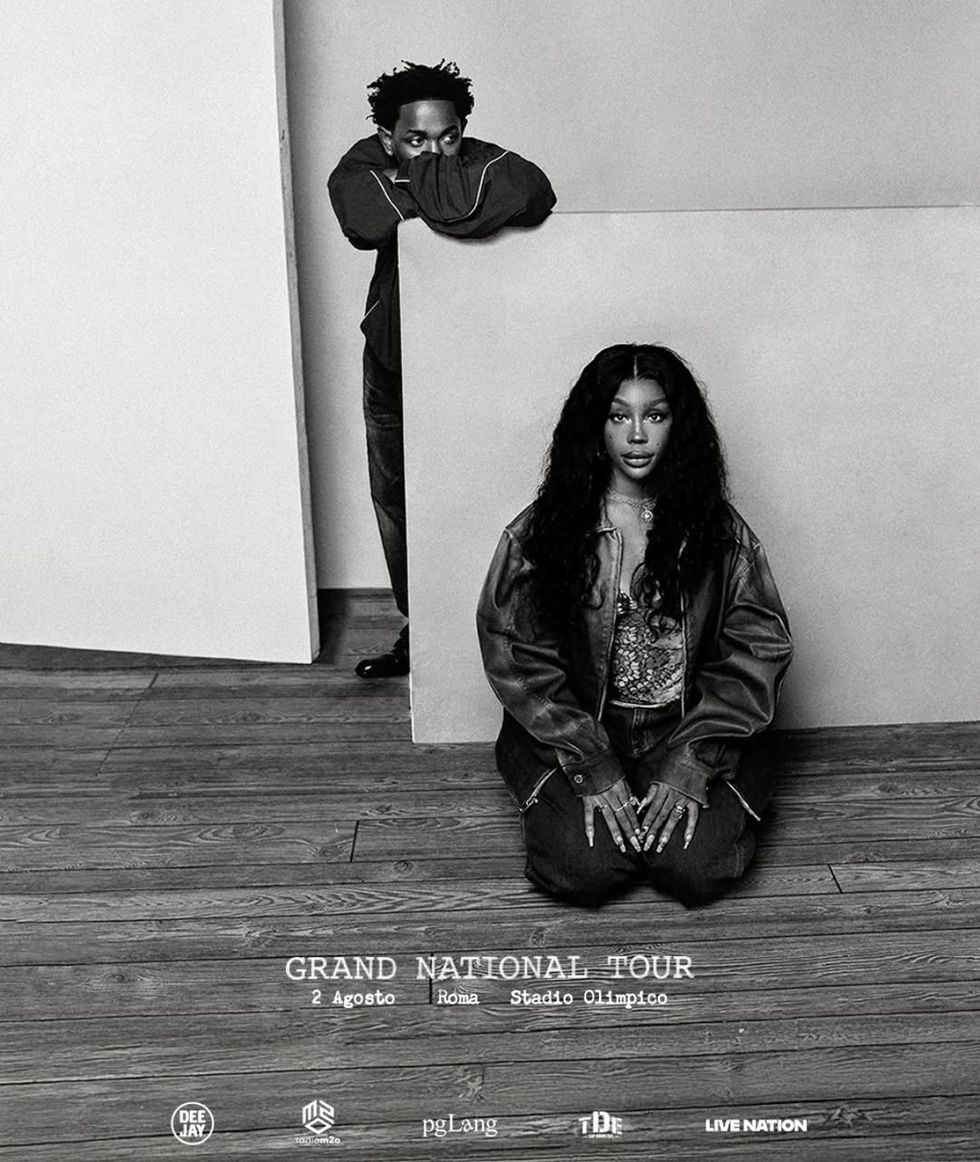India saw a notable decrease of 19.3 per cent in particulate pollution in 2022 compared to the previous year, marking the second-highest reduction globally after Bangladesh.
This reduction has contributed to an increase in the average life expectancy by one year for every citizen, according to the "Air Quality Life Index" 2024 report from the Energy Policy Institute at the University of Chicago (EPIC).
However, the report also warns that Indians could lose an average of 3.6 years of life expectancy if the country does not meet the World Health Organisation's annual PM2.5 concentration standard of 5 micrograms per cubic metre.
The decline in particulate matter levels in India and other South Asian countries was primarily due to favourable weather conditions and fewer thermal inversions, which occur when a layer of warm air traps cooler air near the ground, leading to increased pollution levels. In 2022, India's PM2.5 concentrations were around 9 micrograms per cubic metre lower than in 2021.
The most significant reductions were seen in districts such as Purulia and Bankura in West Bengal, and Dhanbad, Purbi, Paschim Singhbhum, Paschim Medinipur, and Bokaro in Jharkhand, where PM2.5 levels dropped by more than 20 micrograms per cubic metre.
Despite the improvements, the report highlighted that the northern plains, India's most polluted region, experienced a 17.2 per cent reduction in particulate levels in 2022 compared to 2021. Yet, residents in this region could still lose an average of 5.4 years of life expectancy if current pollution levels persist.
However, if the declining trend in particulate pollution continues, life expectancy in the northern plains could increase by about 1.2 years.
Beyond the northern plains, Maharashtra, Madhya Pradesh and Rajasthan have the highest burden of pollution in the country. On average, 292.3 million people living in these states are now losing 2.9 years of life expectancy.
"The report clearly shows that even a modest reduction in air pollution levels could lead to increased life expectancy. Air pollution, even at low levels, significantly shortens lives and poses serious public health risks.
"Our current national air quality standards fall short of protecting public health and must be revised in line with World Health Organisation guidelines. We have the tools and technologies to solve the air pollution crisis, what we need now is the political will to implement them," said Avinash Chanchal, campaign manager, Greenpeace India.
The report said that PM2.5 concentrations declined by 19 per cent on average in districts with cities covered by India's flagship programme on air quality management, the National Clean Air Programme (NCAP), while districts not covered by the programme saw a 16 per cent decline.
However, barring Dhanbad, none of the districts with the highest decline in PM2.5 concentrations are covered by the NCAP framework.
Launched in 2019, the NCAP is India's first national effort to set clean air targets, aiming for a 20-30 per cent reduction in particulate pollution by 2024, using 2017 as the base year.
The revised target is a 40 per cent reduction by 2026, with 2019-20 as the base year.
The programme covers 131 non-attainment cities, which consistently failed to meet the prescribed national ambient air quality standards between 2011 and 2015.
"As of 2022, pollution in districts with non-attainment cities has declined by 18.8 per cent relative to 2017, adding 10.8 months to the life expectancy of 446.7 million residents of these districts and four months to India's national average life expectancy," the report said.
If India meets the NCAP target, residents in non-attainment areas could see their life expectancy increase by two years compared to 2017.
India's national average life expectancy would also increase by an additional 7.8 months as a result, it said.
The EPIC team emphasised that in India, where the annual PM2.5 standard is 40 micrograms per cubic metre, more than 40 per cent of the population breathes air that exceeds this standard.
However, India is responding by implementing innovative policies. In 2019, Gujarat launched the world's first market for particulate pollution, which has since reduced pollution by 20-30 per cent in Surat and is rapidly expanding to other cities and states.
These types of innovative policies demonstrate that it is possible to achieve improvements in air quality and people's health, without unduly impeding economic growth, the researchers said.
The report also praised India's clean cooking programme, the Pradhan Mantri Ujjwala Yojana, saying that the decline in emissions from the residential sector in India can largely be attributed to the nationwide rollout of this scheme. It attributed the reduction in transport-related emissions to the decreased use of diesel in the transport sector. (PTI)






 Kendrick Lamar and SZA commands the stage at Villa Park during his explosive opening setInstagram/
Kendrick Lamar and SZA commands the stage at Villa Park during his explosive opening setInstagram/











 Kap’s Cafe in Surrey was struck by gunfire late at night with staff still insideInstagram/
Kap’s Cafe in Surrey was struck by gunfire late at night with staff still insideInstagram/ Kaps Cafe Instagram Story Instagram Screengrab/
Kaps Cafe Instagram Story Instagram Screengrab/ Kaps Cafe Instagram Story Instagram Screengrab/
Kaps Cafe Instagram Story Instagram Screengrab/